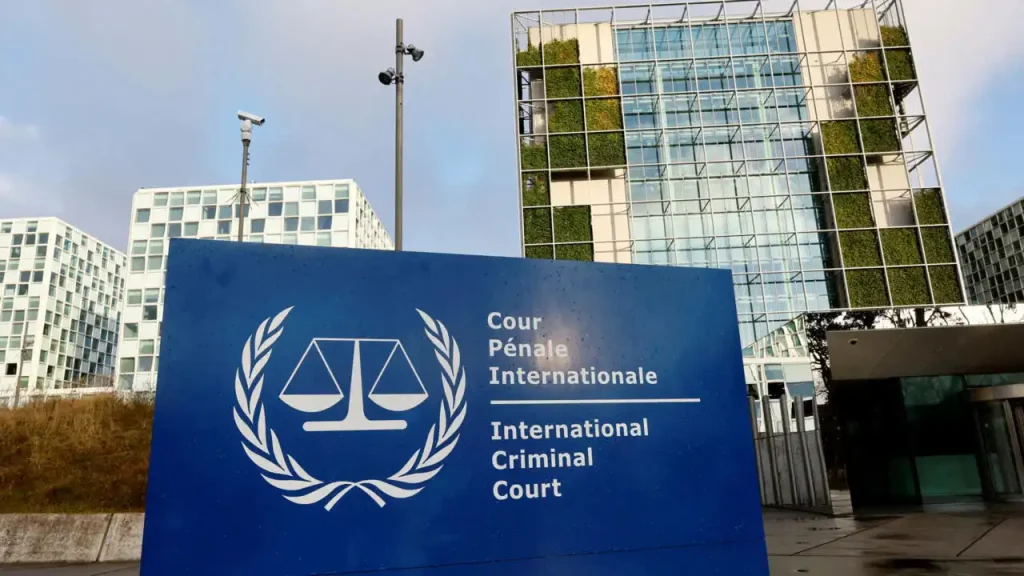On September 22, 2025, Burkina Faso, Niger, and Mali, forming the Alliance of Sahel States, announced their immediate exit from the International Criminal Court (ICC).
The trio labeled the UN-backed court a tool of “neo-colonial oppression,” sparking widespread local approval.
Local Voices Celebrate
In Ouagadougou, Burkina Faso, resident Emmanuel Kafando praised the decision as a step toward true independence.
“The ICC targets African leaders unfairly, not global ones,” he said, calling the withdrawal overdue.
Lionel Dolomweogo, another Ouagadougou resident, shared the sentiment. “This is a proud moment for our sovereignty. We must control our own justice, social, and economic systems,” he stated.
Regional Context
Formed in 2023, the Alliance has distanced itself from Western ties, aligning closer with nations like Russia.
The military-led states face allegations of civilian abuses amid ongoing conflicts with jihadist groups tied to al-Qaeda and the Islamic State.
Global Concerns
While locals cheer the ICC exit, international observers warn it could limit accountability for regional crimes.
Established in 2002, the ICC prosecutes genocide, war crimes, crimes against humanity, and aggression.
Sovereignty vs. Justice
Supporters in Bamako, Niamey, and Ouagadougou view the withdrawal as a bold assertion of autonomy, but critics fear it may hinder justice for victims of violence in the Sahel.




















